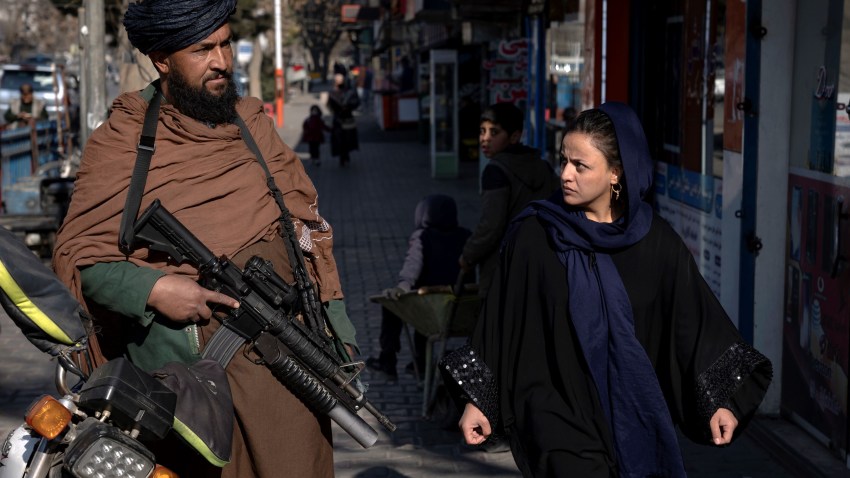The Taliban will attend a U.N.-hosted conference on Afghanistan beginning June 30 in Qatar, a controversial invitation that was vocally criticized by Afghan women’s right activists. The U.N. reportedly made concessions to the Taliban to ensure their attendance, including preventing the participation of Afghan women and removing the issue of women’s rights from the agenda of the meeting. (RFE/RL)
Our Take
Perhaps the most notable storyline since the Taliban takeover of Afghanistan in 2021 has been that many of the nightmare scenarios that were predicted have not come to pass. In 2021, many observers feared that the Taliban’s control of the country would lead to major crises with regard to domestic security, regional tensions and the illicit drug trade.
To be clear, there have been some notable issues in these domains. IS-K, the Islamic State affiliate based mainly in Afghanistan, remains a threat, and the Taliban’s ties to the Pakistani Taliban, or TTP, has created a rocky bilateral relationship with Islamabad. But in general, the internal security situation is mostly under control; Afghanistan’s other neighbors have learned to deal with the Taliban government; and a crackdown on poppy growth and drug production has been largely effective, despite concerns that the Taliban would remain reliant on profits from the illicit drug trade.

